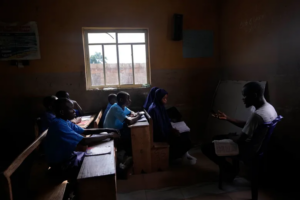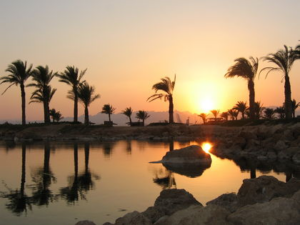Turkey has secured a landmark deal granting it control over 90% of the oil and gas production in Somalia. The agreement, revealed through official documents, has sparked both political interest and debate within the country. While Somali authorities view it as a step toward economic revival, concerns remain over national resource ownership. This deal marks a pivotal moment in the development of Somalia Oil and Gas.
Turkey’s Expanding Role in Somalia Oil and Gas Sector
Recent reports confirm that Turkey has secured a 90% share in Somalia’s oil and gas output under a new agreement. This deal strengthens Turkey’s influence in the Horn of Africa, aligning with its broader geopolitical and economic ambitions. Data from the Ministry of Petroleum suggests exploration could begin within the next two years. The agreement marks one of the largest foreign energy investments in Somalia to date. The keyword Somalia Oil and Gas is used here.
Local Concerns Over Foreign Control of Natural Resources
Public sentiment across Somalia shows increasing concern over foreign dominance in natural resource deals. A recent online poll conducted by Somali media outlets revealed that over 65% of respondents view the deal as unfavorable. Critics argue that a lack of transparency and public consultation undermines national interests. This skepticism has sparked civil society movements demanding policy reform and resource sovereignty.
Economic Implications of the Energy Deal for Somalia
While the agreement promises infrastructure development and job creation, economists warn of potential long-term economic imbalances. According to the World Bank, equitable revenue-sharing mechanisms are vital to ensure benefits reach local communities. Experts also stress the need for regulatory frameworks to prevent exploitation. Somalia’s GDP could grow by 3-4% if the energy sector is managed effectively.
Public Reaction Sparks Debate Over Somalia Oil and Gas Agreement
Debate is intensifying among political analysts, civil society, and the Somali diaspora regarding the fairness and impact of the deal. Protests have emerged in Mogadishu and other cities demanding renegotiation. International watchdogs are also calling for the deal to be reviewed under global transparency standards. The keyword Somalia Oil and Gas is used here.








